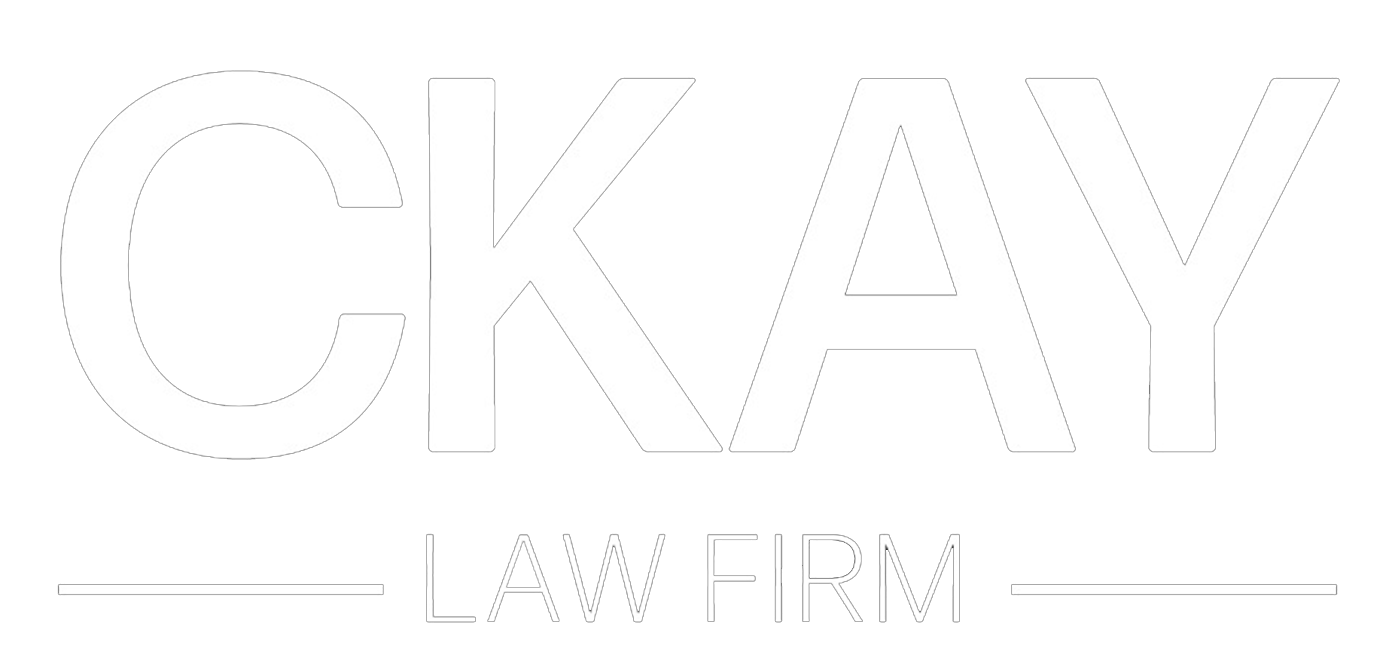
An in-depth guide on global intellectual property rights, covering industrial rights, copyrights, WIPO, TRIPS, and the international landscape.
Introduction to Intellectual Property Rights (IPR)
In a world powered by creativity and innovation, intellectual property rights (IPR) provide a fundamental framework that enables creators and businesses to protect their inventions, artistic expressions, and brands. As globalization accelerates the exchange of knowledge and culture, safeguarding intellectual property has become a critical concern for economies worldwide. Countries must now navigate a complex network of laws and international agreements to protect these rights, allowing them to flourish and contribute to the global economy. The international protection of IPR ensures that the value of intellectual contributions is respected, whether through industrial innovations or creative works.
Understanding Intellectual Property Categories
Intellectual property encompasses two primary categories; which are industrial property rights and copyrights.
- Industrial Property Rights: This category covers rights related to inventions, product models, brand trademarks, industrial designs, and geographical indications. These assets represent the technological and commercial advancements that shape industries and contribute to economic growth.
- Copyrights: Copyrights safeguard artistic and literary works, spanning fields such as science, literature, music, fine arts, and cinematography. This protection allows authors, musicians, filmmakers, and other creatives to benefit from their work by securing the rights to distribute and monetize their creations.
Industrial Property Rights
Industrial property rights grant exclusive control over various intellectual assets crucial for commercial activities, including trademarks, patents, designs, utility models, geographical indications, and trade secrets. These rights prevent unfair competition by protecting proprietary information related to production processes, such as technological methods and unique design features.
Duration and Renewal of Industrial Property Rights
The lifespan of industrial property rights varies across types and jurisdictions. Under the Industrial Property Law No. 6769, the duration of protection is as follows:
- Trademarks: 10 years from application, renewable indefinitely in 10-year increments.
- Designs: 5 years, renewable every five years up to a maximum of 25 years.
- Patents: 20 years from application, non-renewable.
- Utility Models: 10 years from application, with no renewal options.
These rights are generally tied to registration processes, which differ in detail from country to country.
Copyrights and Creative Works
Creators of works in literature, music, art, film, and software are granted exclusive rights over their creations. Copyrights encompass a wide range of protections, including neighboring rights for performers, producers, and publishers involved in the creative process. Unlike industrial property, copyrights do not require formal registration to take effect; the protection begins automatically when a work is published or expressed in a fixed medium.
The Role of WIPO in International Intellectual Property Protection
The World Intellectual Property Organization (WIPO), a specialized agency within the United Nations, is dedicated to promoting and protecting intellectual property rights globally. Established in 1967, WIPO has played a crucial role in setting international standards and facilitating cooperation among countries to ensure consistent IPR protection.
Formation and Evolution of WIPO
WIPO’s roots date back to 1883, when a coalition of 14 countries convened at the Paris Fair to address industrial property protection, establishing the foundation for what would become WIPO. This initial focus on trademarks, patents, and industrial designs was later expanded to include copyright protections following the Berne Convention in 1886.
Today, WIPO has grown into a major international organization, with 179 member countries working together to uphold IPR standards. WIPO’s role has evolved to address modern issues like digital copyright, genetic resources, and folklore, illustrating the dynamic nature of intellectual property in a rapidly changing world.
WIPO’s Mission and Global Agreements
WIPO’s mission extends beyond the oversight of existing agreements, as the organization seeks to advance IPR awareness, encourage innovation, and support the development of legal frameworks for new intellectual property challenges. With 23 treaties under its jurisdiction, WIPO monitors the implementation of these agreements, negotiates updates, and explores new areas for IPR regulation. Regular meetings and discussions among member states address the complexities of enforcing standards across diverse legal systems.
While WIPO agreements establish baseline standards for IPR protection, enforcement can be challenging. Intellectual Property Laws vary significantly worldwide, making it difficult to establish uniform protection. As WIPO lacks judicial authority, it often relies on member states to enact and enforce these standards within their national frameworks, resulting in a flexible approach that can adapt to local contexts.
Intellectual Property and the TRIPS Agreement
The Trade-Related Aspects of Intellectual Property Rights (TRIPS) Agreement, signed in 1995 as part of the World Trade Organization (WTO) framework, represents a pivotal moment in the global IPR landscape. The TRIPS Agreement established minimum standards for IPR protection and enforcement among WTO members, aiming to harmonize Intellectual Property Laws and reduce discrepancies that could hinder international trade.
Motivations Behind TRIPS
Developed countries, which often held competitive advantages in intellectual property due to advanced R&D and innovation capacities, advocated for TRIPS to address the perceived inadequacies of WIPO agreements. They argued that stronger global standards would protect their interests and encourage economic investment in developing markets.
TRIPS incorporates principles from key conventions like the Paris Convention and Berne Convention while introducing enforcement mechanisms, including sanctions for non-compliance and a dispute resolution process. The WTO TRIPS Council is responsible for overseeing the agreement’s implementation, ensuring that member countries meet their obligations under International Law.
Turkey and International Intellectual Property Rights
Turkey has actively engaged in international intellectual property law, joining 14 WIPO treaties and aligning with TRIPS to harmonize its national legislation with global standards. In 2000-2001, Turkey’s IPR regulations were reviewed by the WTO and found to be consistent with TRIPS requirements, marking significant progress in integrating Turkish law with European Union regulations.
However, Turkey still faces challenges, particularly in areas like copyright and performance rights, where further legislative updates are needed. Efforts to join additional WIPO treaties and enhance enforcement mechanisms reflect Turkey’s commitment to improving IPR standards.
Emerging Challenges in International Intellectual Property
The international intellectual property landscape is evolving alongside technological advancements and shifting economic dynamics. Developed nations often hold an advantage in IPR enforcement due to their robust legal infrastructures and access to skilled professionals. For example, branding and patented technology give developed countries leverage in competitive markets, even when production costs are lower in developing nations.
Yet, these advantages have spurred tensions, with developing nations advocating for flexibility in IPR standards to address economic disparities. The TRIPS and Public Health debate illustrates this conflict, as pharmaceutical patents often drive up drug costs, limiting access to essential medicines in low-income regions. Efforts led by countries like Brazil and India resulted in the Doha Declaration of 2001, which permitted greater flexibility in TRIPS for public health considerations.
Additionally, the rise of digital innovations and genetic resources has introduced new challenges for WIPO and TRIPS. WIPO has responded by developing frameworks for domain name disputes, while TRIPS negotiators continue to address issues like biotechnology patents and access to knowledge.
Intellectual Property Rights and Economic Competitiveness
In an era where knowledge-based industries fuel economic growth, intellectual property has become a cornerstone of competitive strategy for countries worldwide. Developed nations, equipped with skilled talent and advanced infrastructures, have capitalized on IPR to protect their economic interests and secure their position in the global market.
Branding, innovation, and technological advancements contribute to the success of developed countries, often outweighing the cost advantages held by low-wage economies. The role of multinational corporations and advocacy groups also shapes IPR policies, as they lobby for standards that support their business models while balancing public interest concerns.
Conclusion
Intellectual property rights play an increasingly influential role in the international economy, with robust IPR protection recognized as essential to fostering innovation, attracting investment, and securing competitive advantages. Organizations like WIPO and frameworks like TRIPS have established foundational standards for IPR, yet ongoing negotiations reflect the complex interplay of economic, ethical, and political considerations shaping this field.
As the world continues to evolve, the international community must adapt IPR frameworks to address new challenges, from digital transformations to the ethical implications of biotechnology. By balancing the interests of developed and developing nations, the future of intellectual property rights holds the potential to drive equitable growth, support innovation, and enrich the global knowledge economy.


